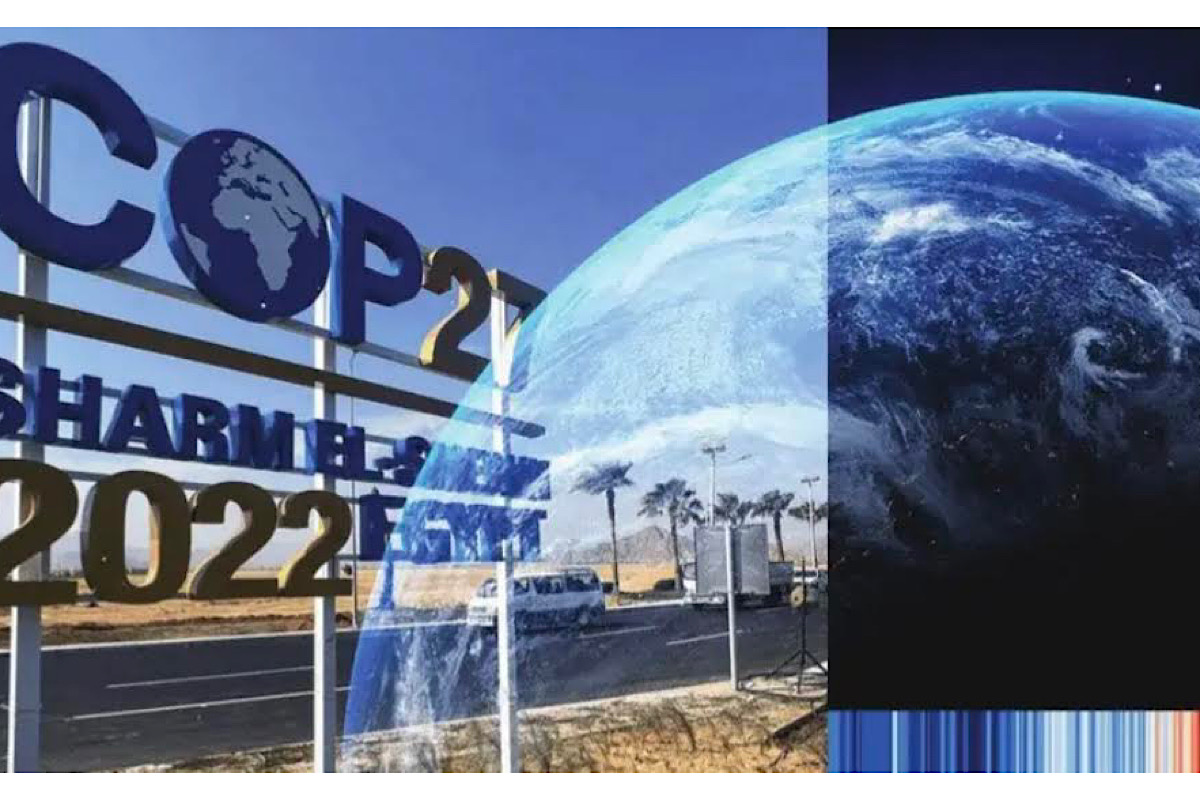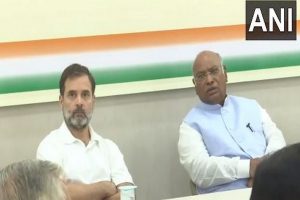Quick technological fixes have often been projected as an attractive solution to the impending climate crisis facing humanity. With scientific studies showing that the world has a meagre ten to twelve years of global carbon budget left before we cross the critical 1.5 C threshold beyond which the planet will face irreversible climate impacts, the urgency of addressing the climate crisis cannot be emphasized enough.
Successive Conference of Parties (COPs) at the United Nations Framework Convention on Climate Change (UNFCCC) have attempted to forge cooperative outcomes to realise actionable climate goals.
The most recent COP27 at Sharm-el-Sheikh managed to showcase a measure of success in this regard when the member countries agreed on a Loss and Damage Funding Facility after decades of demands by the developing countries.
The politics surrounding such a facility ~ still at a conceptual stage with, at best, sketchy details and attempting to dissociate developed countries of liability ~ is another matter altogether.
That such politics should persist, and tarnish cooperative outcomes is hardly surprising. That is why the term ‘greenwashing’ that gained credence in recent months at diplomatic fora appears to be apt.
It refers to practices and processes that are often deceptively passed off as being environmentally-sound with the aim of attracting investment, marketing and public support.
The term best applies to the carbon offset industry, which has come into prominence yet again with the rise of debates on how countries plan to achieve their respective Net Zero Emissions (NZE) targets.
With the developed countries having committed to achieve NZE by no later than 2050, technological and mitigation solutions have become of utmost importance, of which the carbon offsets market size is expected to breach the $100 billion mark by 2030. It is another matter that most of these technological fixes are yet unproven or too expensive to implement at scale.
Besides individual countries, most of the big corporate houses have also committed to individual NZE targets. For them, amongst the most convenient way to achieve their goals has been to invest in the carbon offset industry.
The industry allows a simple way for the relevant entities to ‘offset’ their emissions by trading in carbon credits, where a carbon credit is equivalent to a certified emission reduction.
Thus, an entity ~ a country or a corporate or an individual ~ can continue to emit even as they offset these emissions by investing in carbon offsets which facilitate emissions reductions elsewhere in the world. There are numerous moral and political objections to this industry, documented over several years.
The most obvious ones are that the process suffers from lack of transparency and allows emissions to continue without compunction as long as they are being offset somewhere else. The industry has offered the big emitters a convenient way out.
It is precisely these objections that have been validated in recent weeks with the new carbon offset industry scam being exposed, according to which, in an international nonstate investigation, it has been revealed that out of the 95 million carbon offsets examined, only 5 million credits were generating real emissions reductions.
The rainforest credits are the most commonly used ones, out of which a major portion are largely worthless and may, in fact, contribute to global warming.
In many cases, credits claimed due to deforestation were being made on the basis of preventing the felling of trees by arguing that this is enabling the protected trees to absorb extra carbon ~ a very grey argument as most the deforestation activities on the basis of which the said credits were claimed were those related to trees that were under no threat at all.
In many other cases, various other kinds of manipulations were being done in which the buyers of credit as well as credit agencies have been complicit. The scam has not only exposed the major offset industry consultants and expert creditors, but also their buyers that include some of the biggest world’s corporations like Disney, Netflix, Gucci, Shell, and others.
It reflects the foundations of deception that the entire façade of ‘carbon neutral’ industries is built on, which implicates both the producers and the consumers.
The scam has come at a critical time when the offset industry is gaining traction as one of the prime means of achieving the global targets agreed under the Paris and Glasgow frameworks. It presents a greenwashing of capitalism in which the developed countries usually find a convenient way to offset their emissions by investments in offsets in the developing countries of the Global South, at the cost of local populations.
For India, carbon market regulation becomes particularly important. The country is seeking to institutionalize the domestic framework for carbon markets with the passage of the Energy Conservation (Amendment) Bill, 2022. India has also banned the export of domestically generated carbon credits in an attempt to use these credits for achieving its renewable energy and Net Zero targets.
Implementing carbon offsets in the agricultural sector through soil carbon sequestration may also be in the pipeline for the benefit of the farmers.
All these are robust plans, but unless regulated well, the opaque nature of carbon offsets may end up causing more harm than good to India’s domestic climate ambition.
(The writer is Assistant Professor at Vivekananda School of Law and Legal Studies, New Delhi and is a member of Climate Change Expert Group at Vivekananda International Foundation, New Delhi. Views expressed are persona )












